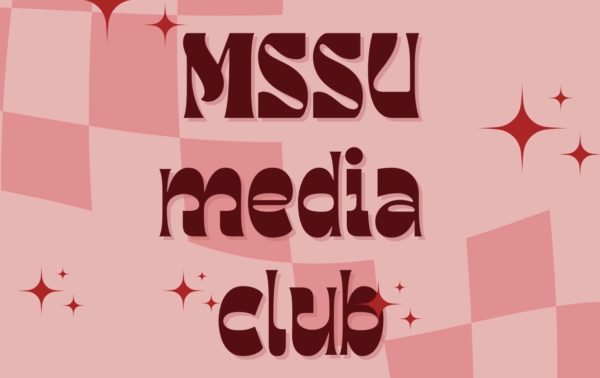Be courteous when speaking
We talk all the time. The words we say describe things in our lives such as our goals, what we like and dislike, the entertainment we consume every day and much more.
But how much do we think about the way we structure our sentences? Several strings of words can convey the same message.
If you say, “you’re too loud,” it sounds the same as “you’re speaking too loudly right now.” The only difference is how you connect the person to the action
In the first sentence, it sounds like you’re criticizing the person as a whole on how loud they are.
But the second iteration is a comment directed to the decibel of their voice at the moment.
It is important to differentiate the way sentences are constructed. It not only takes into account how others react to our words, but it’s also about conveying more accurate statements.
Did you notice how I switched from using first and second point of views to third the past few sentences?
It’s a small difference, but it’s an important one. It can completely change the way someone reacts to your statement.
I don’t know about you, but if someone told me I was loud, I would be upset, offended or mad, and I would immediately start refuting what they said.
But if someone told me I was speaking too loud right now, I would apologize and make an effort to speak quieter.
Think about all the interactions you have and the arguments that break out because of simple misunderstandings. How easily could those have been avoided if you or the other person had just said something a little bit different?
How often do you hear someone say in a fight, “that’s not what I meant”?
We must be intentional with our words. It could help improve so many of our interactions, we could avoid unintentionally hurting people with our words, and we’ll just be more accurate in what we say.
This is a call to action to think about what you say — and more importantly — how you say it. You will have to actively consider the words you are speaking. It might take little bit of time to get used to.
But in the end, you might be more concise, and you’ll hopefully avoid future arguments.
What will be the next thing you say? How will you say it? Why don’t you think about it?
Your donation will support the student journalists of Missouri Southern State University. Your contribution will allow us to purchase equipment and cover our annual website hosting costs.





























